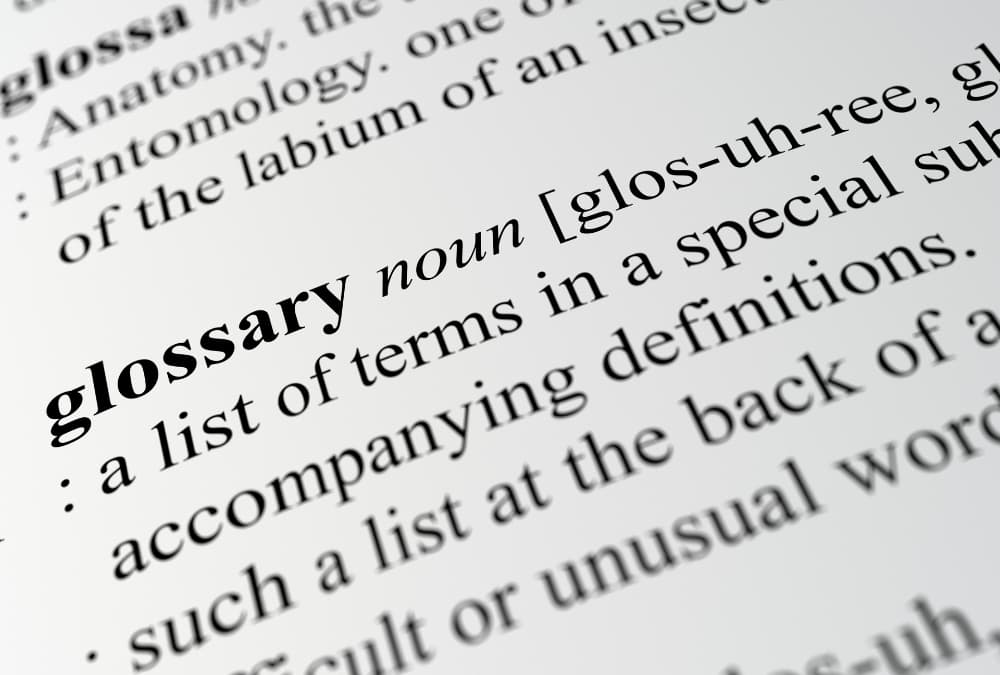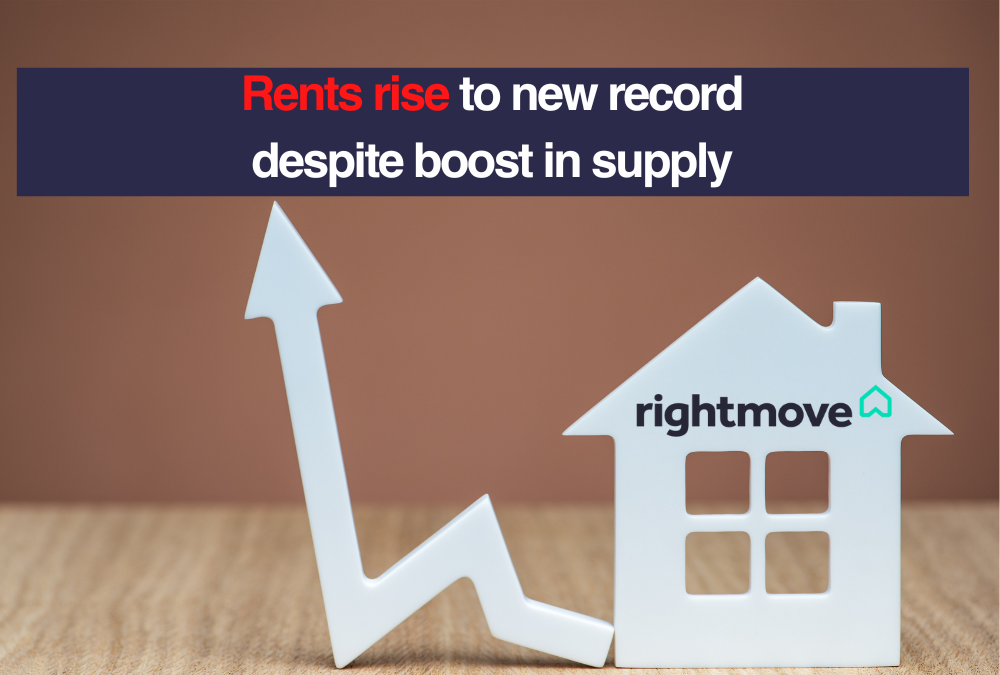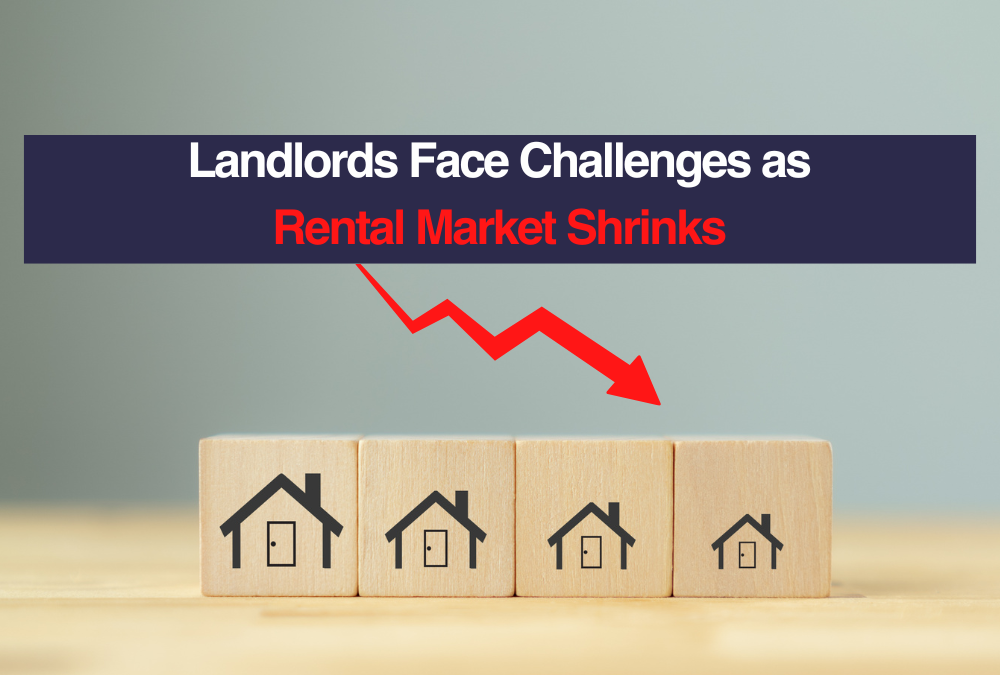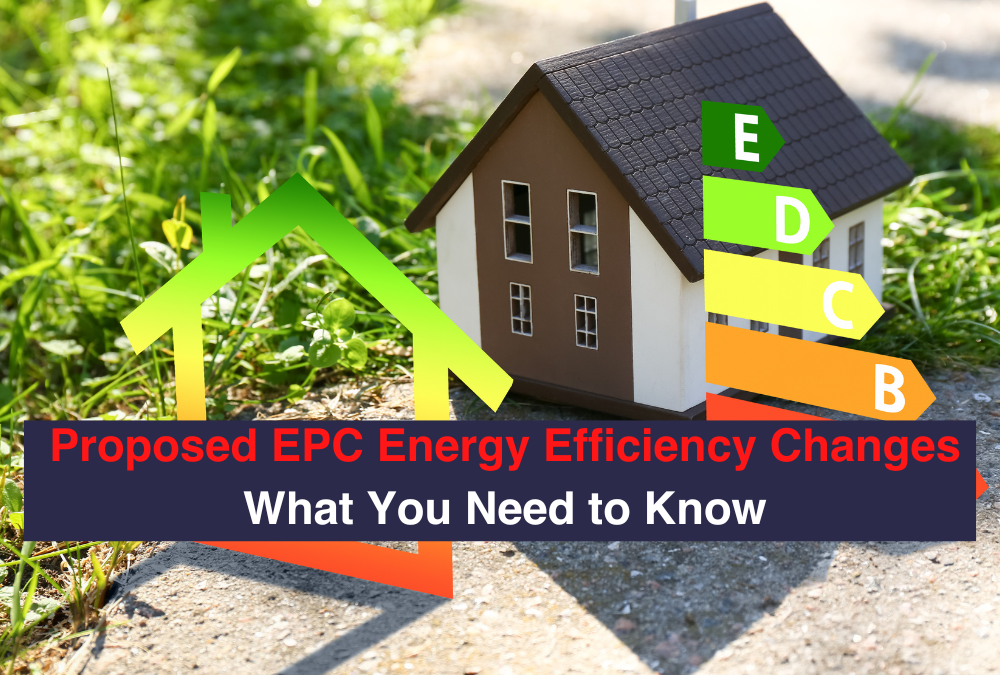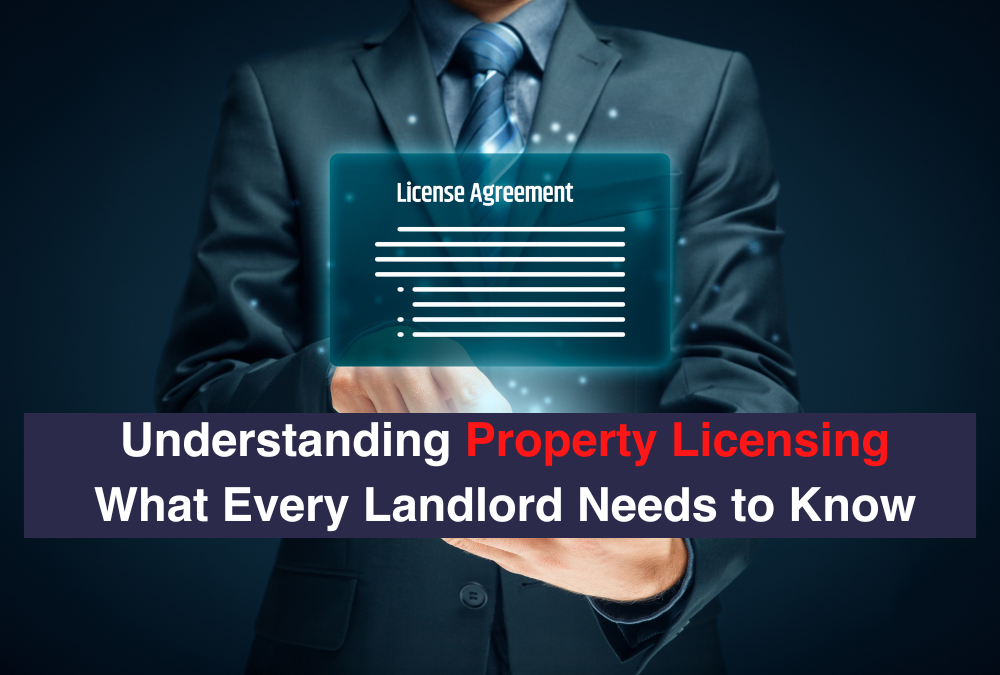Letting & Renting Glossary is a list of definitions commonly used when discussing the rental market.
1. Letting
Letting is the process of renting out a property. A property that is available to let, is available to rent.
2. Lease
A lease is a legally binding contract between a landlord and tenant. It specifies the terms under which the property may be used and includes details regarding the Rent charged.
3. Dilapidations
Dilapidations are damages to a property which have arisen from the tenant residing in the property.
4. Dilapidation Deposit
A dilapidation deposit is a sum of money paid to a landlord by the tenant at the beginning of a lease. The amount is usually based on how much damage the tenant may cause to the property. If a tenant causes property damage, this amount will be deducted from the deposit paid by the tenant.
5. Assured Shorthold Tenancy(AST)
An assured shorthold tenancy is a contract between a landlord and tenant which is created following the service of a notice. It allows the tenant to stay at the property until a fixed period has passed. At that point, unless the landlord agrees, they may ask for Possession of their property.
6. Section 21 Notices
A section 21 notice is issued to tenants under the Housing Act 1988. It ends their tenancy without them having to leave their home, providing they leave within the dates specified in the notice, which must be at least two months after it has been issued.
- See Update: Renters Reform Bill
7. Section 8 Notice
This is a notice issued by the landlord to the tenant of a property under the terms of the Housing Act 1988. It allows the landlord to regain possession of their property if they provide a reason.
8. Tenant Fee Ban
The tenant fee act came into existence in 2019. It aimed to cut down the amount of money that tenants had to pay to landlords.
9. Legal Expense Cover
Legal Expense Cover is an insurance policy that allows landlords to recoup some of their money should they have to take their tenants to court.
10. Deposit Protection Schemes
Deposit Protection Schemes are membership-based schemes which offer landlords a way to protect the deposit paid by their tenants without having to put it in a separate trust account or savings account. The schemes ensure that a landlord can only use the deposit if it is agreed that damage has been done during the tenancy.
11. Stamp Duty
When a property is bought or rented, the Land Registry will require a percentage of the agreed price to be paid to them. This money is called Stamp Duty.
12. Council Tax Band
Council Tax is the amount of money individuals, and families pay for the services their local councils provide, such as refuse collection. This tax is calculated based on the value of the property owned or rented.
13. House in Multiple Occupation (HMO)
Houses in Multiple Occupations are properties occupied by more than three people. These properties tend to have more than one tenancy agreement with a landlord. The tenants share some facilities, such as the kitchen and bathrooms.
14. Rent Arrears
Rent Arrears is the amount of money a tenant owes to their landlord. If a tenant has rent arrears, they may be evicted.
15. Guarantor
A guarantor is a person who agrees to take on the financial responsibility of a tenant should they not pay their Rent.
16. Notice Period
A notice period is a time a tenant has to find new accommodation after their tenancy agreement has ended. It can be anywhere between 14 and 28 days, depending on the terms of their lease.
17. Occupancy Rights
Occupancy Rights are the rights tenants have to their rented property. The tenant has a right to live there until their lease ends, and a landlord cannot evict them.
18. PMC Rent Act
The PMC Rent means Per Calendar Month Rent. This is when rental income is calculated on a month-by-month basis.
19. Permitted Occupier
A permitted occupier is a person who lives on the property but should not be included in any tenancy agreement. It can include a lodger or a foster child.
20. Statutory Tenancies
Statutory Tenancies are tenancies created by law and usually for periods between six months and twelve months but can be longer.
21. Valuation
A valuation is a form of the market value of a property. The Land Registry uses it for tax purposes.
22. Tenancy Void
Tenancy Void refers to the periods between tenancies where the property is vacant. This period can be for weeks or months, depending on the terms of the tenancy agreement.
23. Buy to Let Mortgage
A buy to let Mortgage is an amount of money which allows the landlord to buy a property and then let it out. The amount of Rent paid is included in the monthly mortgage repayments by the tenant.
24. No Occupation Notice
A no occupation notice is a form given to tenants when their tenancy agreement has ended, requesting them to leave their property immediately.
25. Holding Deposit
A holding deposit is an amount of money which a prospective tenant must pay to reserve a property. It cannot exceed the equivalent of one week’s Rent.
26. Home Emergency Cover
Home Emergency Cover is an insurance policy that covers landlords or tenants when there is a major accident or flooding. The cover provides financial help to those affected.
27. Letting Agent
A letting agent is a person who finds tenants for the property and manages the property on behalf of the landlord/property owner.
28. Gas Safe Register
Gas Safe Register is a form of identification for all gas appliances in residential properties.
A Gas Safe Registered Engineer must test all residential gas installations every five years. All tenants must have a Gas Safe Register certificate provided by their landlord in the beginning of tenancy.
29. Inventory
An inventory is a list of all items of furniture in a property. The landlord must provide one to their tenant before the tenancy agreement begins. Inventory usually helps to ensure that there is no damage to the property, which would be a problem during the tenancy.
30. Portable Appliance Testing (PAT)
Portable Appliance Testing (PAT) is a check to see if electrical appliances are safe. All appliances supplied within the property must have the correct PAT marking. It is the responsibility of the landlord to provide a PAT certificate to all tenants at the start of a new tenancy.
31. Accidental Landlord
An accidental landlord is someone who inherited a property from someone else. The person may not have rented out the property before or may not be familiar with all the legal requirements to ensure things run smoothly.
32. Kerb Appeal
Kerb Appeal refers to how good a property’s exterior looks. It is a part of property value that lenders and realtors look at to test the property’s marketability.
33. Viewing
Viewing is a process where a prospective tenant or landlord looks at the property before renting. The viewing process is important for all parties involved in the transaction to decide that the property meets their expectations and criteria.
34. Grounds for Possession
Grounds for Possession is a legal term for why someone would be evicted from their property by court order.
Grounds can cover non-payment of Rent, breaking the law (such as drug dealing), or if the landlord requires the use of the property and it is not being used.
35. Due Diligence
Due Diligence is a term used for a background check of a tenant by a landlord before being allowed to rent a property. It is similar to a credit check for tenants and landlords
36. Landlords Register
Landlords Register is a database of all rental properties in England and Wales. The database is used by local authorities to ensure that tenants are safe from eviction or harassment. It also ensures no issues with the property, such as flooding or gas leaks.
37. Service Charge
Service Charge refers to the amount of money tenants must pay on top of their Rent to their landlords (e.g. for cleaning or repairs).
38. Renewal of Tenancy
Renewal of Tenancy is the process where a tenant keeps their tenancy after it has ended and pays Rent to stay in the same property.
39. Right to Rent
The landlords do the right to Rent to ensure that the tenants are registered with a right to rent.
The registration is done to ensure that illegal immigrants and asylum seekers are not staying in properties for free or renting property that is not legal for them to do so.
Related Articles
- Our Top Tips for First Time Renters
- Our Top Tips To Attract (and Keep) Tenants
- Self-Manage or Use a Letting Agent?
- Tenancy Agreements Explained
- Landlord’s Guide to Letting Property

